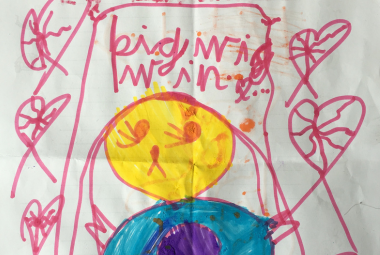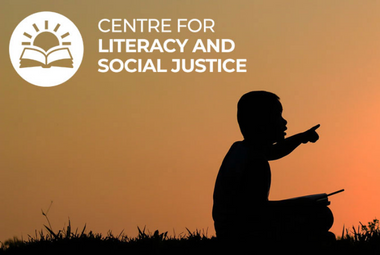Languages and literacies
Our researchers carry out field-defining research on the centrality of language, languages and literacy to social and cultural life. Distinctive areas of excellence include professional discourses and practices, academic literacies, global English, multimodal meaning-making, communication and social media, intercultural communication, languages education and technology-enhanced language learning. Methodological innovation (including computer-assisted discourse analysis and eye tracking) is also a feature of this work. The Centre for Literacy and Social Justice is building systemic, collaborative capacity (between teachers, schools and homes) to address inequalities in children’s literacy experiences.
Centres
Groups

The Applied Linguistics and Literacies Research Group
Members of ALLRG explore the role of language and literacies across a range of everyday professional, educational, social, health and media contexts.

Open Languages Research Group
The Open Languages Research Group (OLRG) focuses on language learning and teaching in a range of contexts. The activity takes place in five main areas: technology-enhanced language learning, language learning, language teaching, intercultural competence, as well as education policy and practice.

Language, Literature and Politics Research Group
The Language, Literature and Politics research group is a cross-faculty initiative, bringing together researchers from the School of Arts and Humanities in the Faculty of Arts and Social Sciences and the School of Languages and Applied Linguistics in the Faculty of Wellbeing, Education and Language Studies. The aim of the group is to investigate the relationship between language, literature (literary criticism and creative writing) and politics in the widest variety of contexts.

EC@OU
The Early Childhood Research group at The Open University engages in critical, practical and theoretical research and teaching to extend knowledge and understanding about early childhood education and care for children birth to seven years. Our research creates a space for critical reflection about values, beliefs and practical realities in early childhood including social justice, advocacy, the nature of high-quality experiences and children’s rights. It aims to challenge practice and policy through listening to different perspectives using a range of methods. We seek to make meaningful connections, both across the four nations of the UK and internationally, between communities of practice and knowledge exchange to support high quality experiences and services.
Research enquiries
For research enquiries email:
[email protected]
For student and degree enquiries email:
[email protected]


